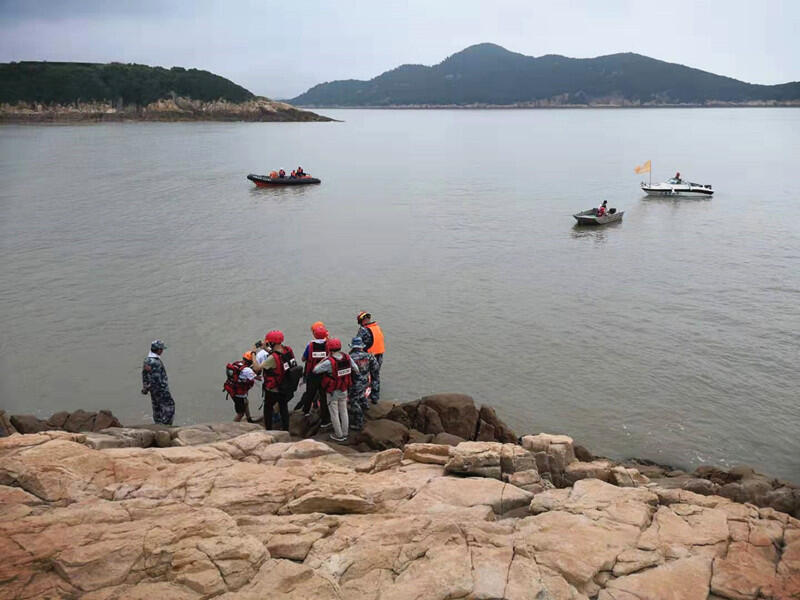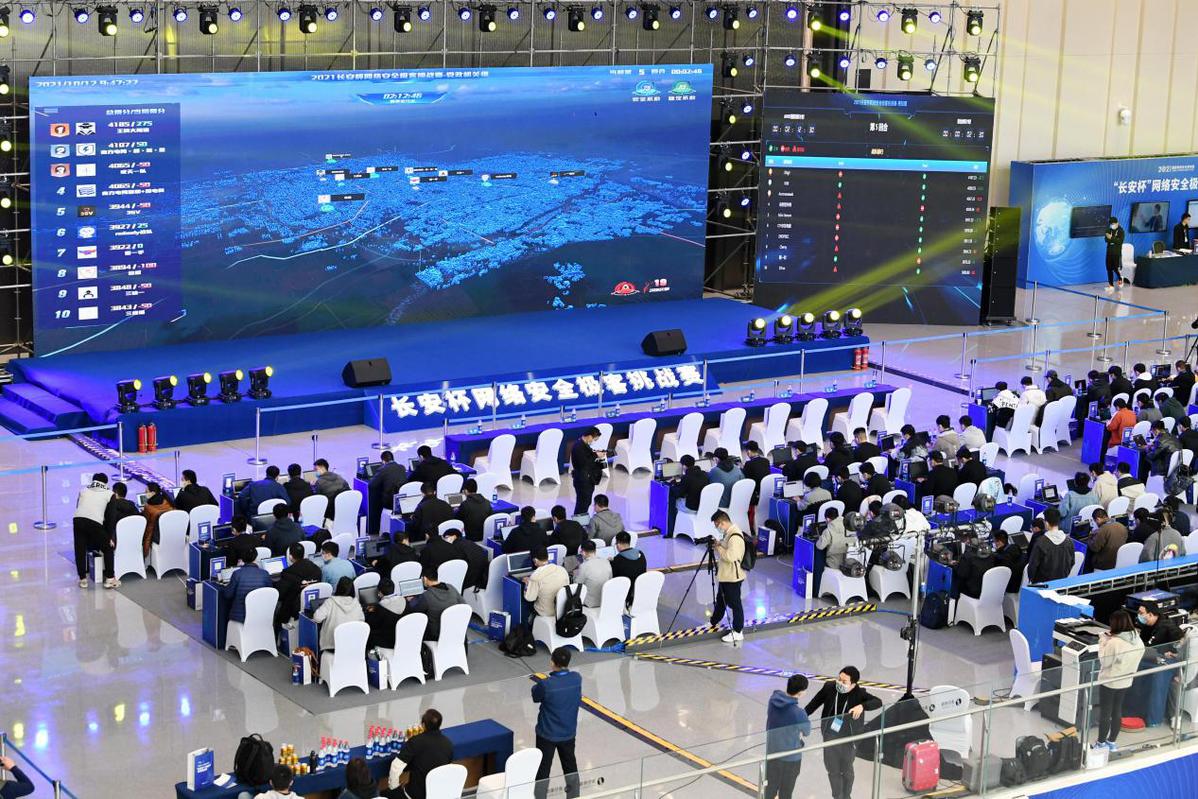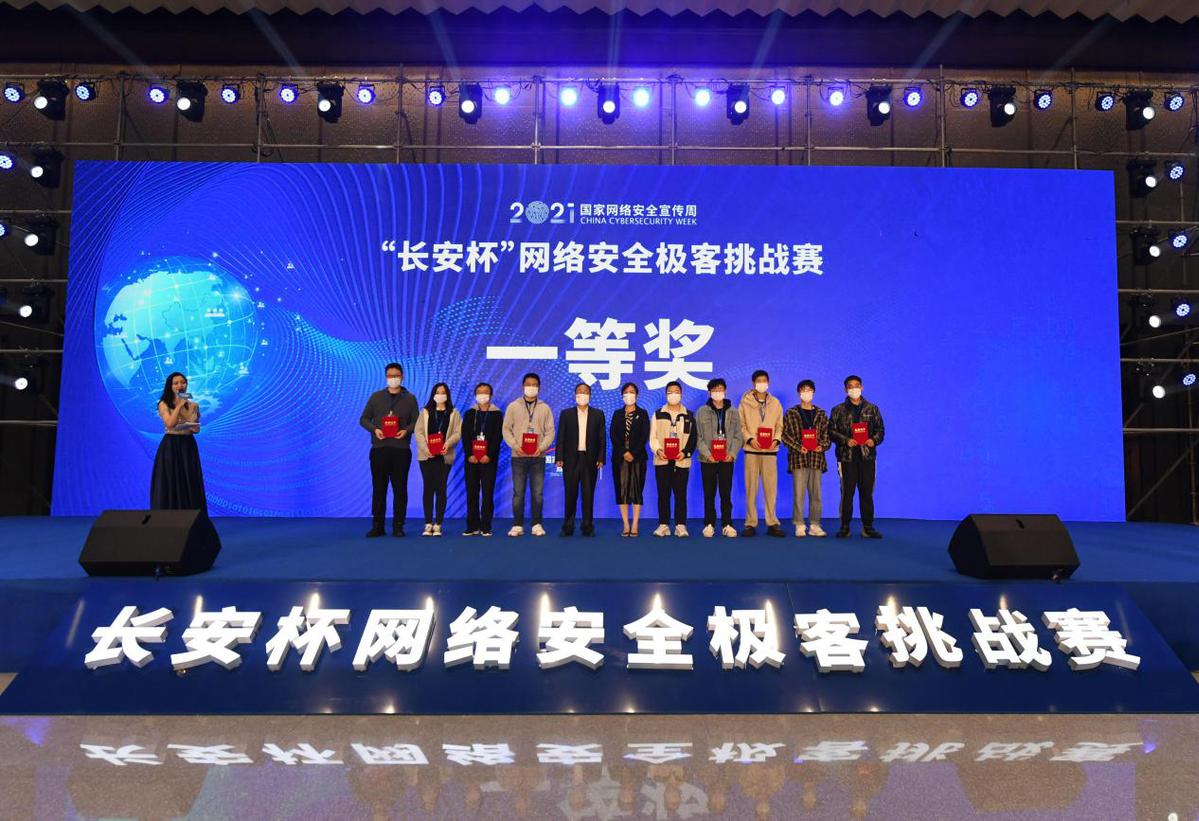[Cover Person] General Fan’s Way of Studying Abroad: From Shining in England to Turning to Su Chao.
Zhang Xizhe, who has just entered Wolfsburg, has exploded the confidence of China fans in the future. Studying abroad seems to have become an inspirational label, inspiring countless players to go abroad to experience their skills. Looking back on the history of China stars studying abroad, Fan Zhiyi was one of the first representative stars studying abroad. As the earliest star representative born by China’s professionalization, Fan Zhiyi, with distinctive personality, comprehensive ability and bravery, quickly became a breakthrough for the media and fans all over the world to pay attention to China football.

Fan Zhiyi shines in England.
Crystal Palace: Foreign Captain Shines in England
Outstanding explosive power, good anticipation, quick kick, perfect header skill … … These are the capital for Fan Zhiyi to settle down on the court. Because he almost got his hands on all the honors he could get, Fan Zhiyi had "nothing to want" in China football, and on the recommendation of "FIFA lecturer" Horton, Fan Zhiyi’s football career took a turn in 1998.
On August 13th, 1998, Fan Zhiyi and Sun Jihai signed a contract with Crystal Palace in League One, and their transfer fees totaled 1 million pounds. In the Crystal Palace team, Fan Zhiyi played his familiar central defender position, which was not inferior to the physical quality of European players and the ability to confront opponents, making him an irreplaceable main player in the team.
Venables, then head coach of Crystal Palace, trusted Fan Zhiyi very much, but General Fan, who spoke with strength, did not disappoint him. In addition to going all out in defense, Fan Zhiyi also spared no effort in attack. His back-insertion and powerful head hammer have repeatedly made contributions to the Crystal Palace. During his three years in Crystal Palace, Fan Zhiyi has been firmly in the position of the team’s main central defender and became the first foreign captain in the history of Crystal Palace.
Regret: It is difficult to be loyal and filial to one’s country.
Crystal Palace is the longest-serving team during Fan Zhiyi’s study abroad. When he first went to Crystal Palace, he didn’t even have salary and training clothes, so he had to make a living by himself. However, all those difficult days passed, and Fan Zhiyi achieved his second glory in the Crystal Palace. In order to thank the Crystal Palace for its re-creation, he named his daughter "Sijing". Even if he is old and hangs up his boots, don’t forget every day he spent in the Crystal Palace.
However, there is no eternal honeymoon period on the football field, because the contradiction between Fan Zhiyi and the club is increasingly prominent when he wants to return to China to participate in the 2001 World Cup qualifiers. The Crystal Palace manager couldn’t bear to miss nearly half of the team’s defense core (22 League One matches), so he threatened Fan "if he insisted on returning to China, the team would sell him". At such an extraordinary moment, Fan Zhiyi did not hesitate to choose to fight for his country: "I will definitely participate in the Top Ten Competition!" Fan Zhiyi’s choice was wise. The China team rushed into the finals of the World Cup in Korea and Japan, but his fate with Crystal Palace ended.
The so-called "loyalty and filial piety can’t be satisfactory", Fan Zhiyi didn’t choose his personal future selfishly, but served the country, so we should applaud him. But the British don’t care about you. Their money isn’t blown out by the strong wind. Paying Fan Zhiyi is to ask him to work instead of paying for the China national team. Fan Zhiyi didn’t agree with the club to deduct his salary, and the club insisted on paying the price for his absence from the training competition for three months, which led to the conflict.
From both sides’ respective perspectives, no one is wrong. If Fan Zhiyi had calmed down, the problem might not have come to the point where we had to break up in the end. The crux of the matter is that Fan Zhiyi thinks it is natural for him to play for the national team, and the club has no reason to settle accounts with him. But in fact, Fan Zhiyi is both the biggest victim and the biggest beneficiary. The World Cup qualifiers fulfilled Chinese’s 44-year dream, and Fan Zhiyi made scouts all over China and Europe remember his name. "People always have to go higher. I think I may be able to find a better way out for myself by virtue of my excellent performance in the group stage." So, when the Crystal Palace was attacked, Fan Zhiyi became angry. "I don’t want to stay here, but I have my own place to stay." Fan Zhiyi’s fame and social status rose, and he was not afraid of finding a new owner. Even when the national team was still trying to qualify in Shenyang, his capable agent had led the new Scottish boss to the stands.
Turning to Su Chao: being mercilessly abandoned by British B.
On October 15th, 2001, Fan Zhiyi joined the Scottish Dundee Club for 1 million pounds, and he continued his good condition here. On December 15th of the same year, Dundee lost 3-1 to Celtic in the 18th round of Soviet Super League. Fan Zhiyi took advantage of the corner kick to score in the 18th minute and scored the first Su Chao goal of China players. A month later, Fan Zhiyi scored again in the Scottish League Cup to help the team win the game. However, in September, 2002, Fan Zhiyi ended his life in Scotland due to differences in contract. On November 15th, 2002, he signed a six-month contract with Cardiff City, a team of English B..
Fan Zhiyi’s joining made Cardiff fans excited, and a fan website even invented a new term for him — — "Fan-tasyFootball" (Fan-). However, due to injury, Fan Zhiyi fell into a trough in Cardiff. He only made six appearances for Cardiff, including three as a central defender and three as a midfielder. Since then, he has been recuperating in the reserve team because of injury. After the contract with Cardiff expired, Fan Zhiyi left England and returned to China. From the scenery of Crystal Palace to the loneliness of Cardiff, Fan Zhiyi’s English football career was full of ups and downs.
Regret: Contradictions and differences show that the decline in disguise has become the only choice.
In fact, League One’s turn to Su Chao is a kind of decline in disguise, although Fan Zhiyi doesn’t want to admit it. It now looks more like "painting a cake to satisfy hunger" for failing to enter the Premier League and taking Su Chao to comfort his injured heart. It is Fan Zhiyi’s most helpless choice to lose to Cardiff. There is a law in Britain that foreigners can only get a green card if they have worked and lived in Britain for more than five years, except in special circumstances, such as those who have made outstanding contributions to Britain.
Fan Zhiyi is just one of the most common overseas players, so he has to endure years to get a green card. Daughter Niu Niu was born in England and has been a British citizen since she was a child. He and his wife must get a green card if they want their daughter to go to school in England. His wife has been studying. It is almost five years since 1999. His initial contract with Dundee was until the end of 2003. At that time, he could hang up his boots and get a green card, continue to study coaching courses, and return to China with an A-level employment certificate. Things didn’t go according to his plan. Even if he wanted to mix in the second division, the club turned against him and ruthlessly abandoned him after he was promoted to the first division, because his ability didn’t match his high salary and almost made the team lose the chance to advance to the first division.
I really can’t get along. Returning to China is the last and only choice. Now domestic club owners are not fools, and Fan Zhiyi, 34, has no advantage. Being rejected is expected.
Fan Zhiyi: It is necessary for China players to go abroad.
Fan Zhiyi has always believed that studying abroad is beneficial to the development and improvement of a player. No matter whether he can play the main force in the team or not, he will give himself a sense of confidence. "Why don’t we change psychologically when playing against these West Asian teams? Because I have the confidence to beat them. When playing in Europe, we have never seen any players, so there is no need to be afraid of these amateurs. "
As for the national level, Fan Zhiyi once said: "Now, in fact, their tolerance is much better than that of our time. We could have left long ago, but in the end, we didn’t leave until we were twenty-eight or nine years old. We have passed the best period, so how can we be tolerant? If you don’t play for your country until you are 28 years old, you can’t go out. If you can let us go out early and let people know about our players in China, the market at that time will definitely be much bigger. "
In fact, the days of traveling overseas are not as beautiful as the fans think. Every athlete has to overcome various problems such as language, cultural habits, diet, etc. In addition, he may have to give up his popularity and high income at home, and his mental adaptation is far more difficult than his physical adaptation. At present, although there are few China players who can even gain a foothold in the European League, the fire of studying abroad in China football is still burning, and many football powers also have small players in China. A single spark can start a prairie fire. I believe the future of football in China is worth looking forward to.
































